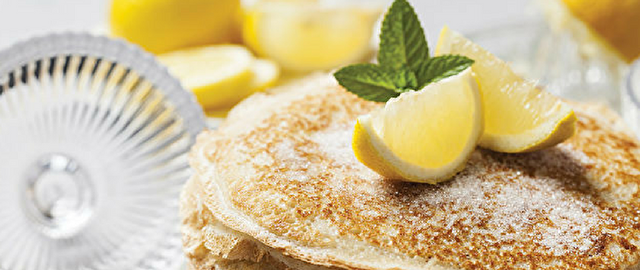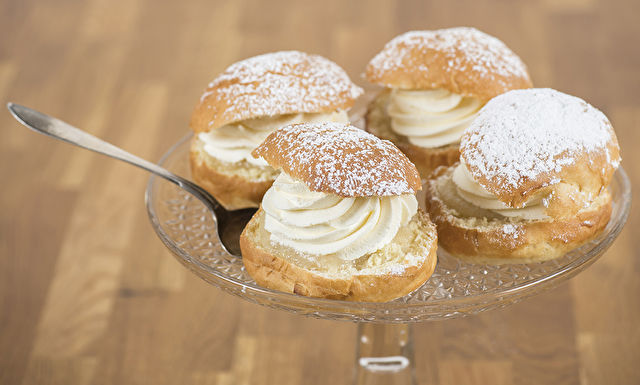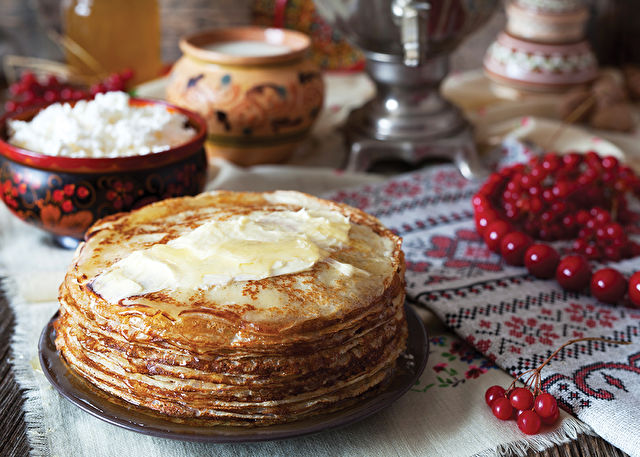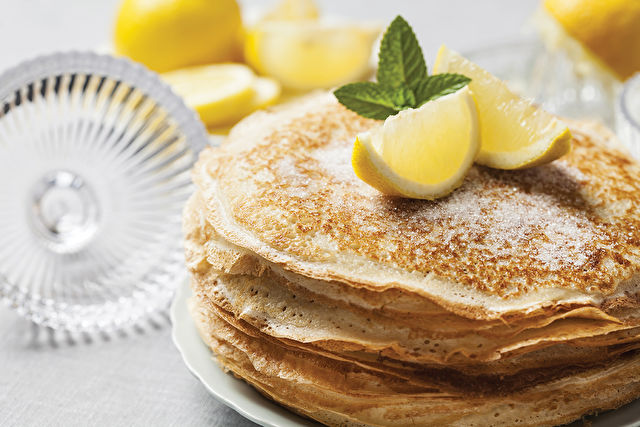Top Destinations in Spain
Top Destinations in Canaries
Top Destinations in Turkey
Top Destinations in Greece

Don Pancho
Benidorm, Costa Blanca
airplanemode_activeSelected airports
£427pp

GF Gran Costa Adeje
Costa Adeje, Tenerife
airplanemode_activeSelected airports
£669pp
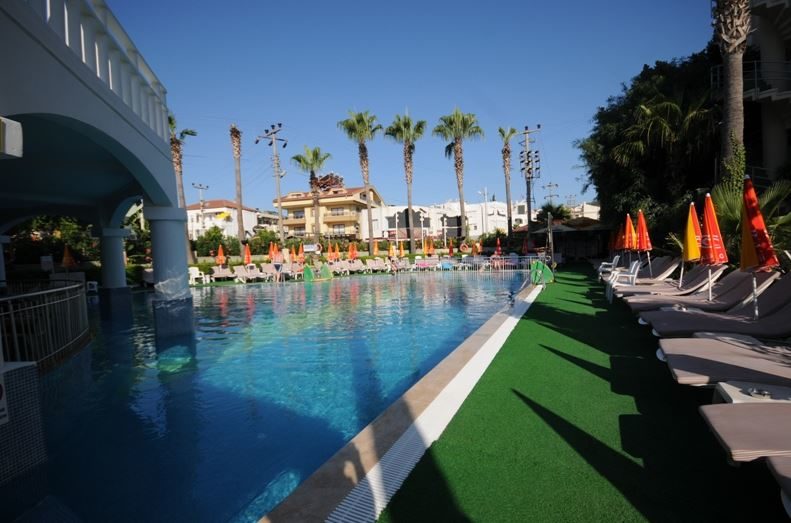
Club Atrium
Marmaris, Turkey
airplanemode_activeSelected airports
£699pp
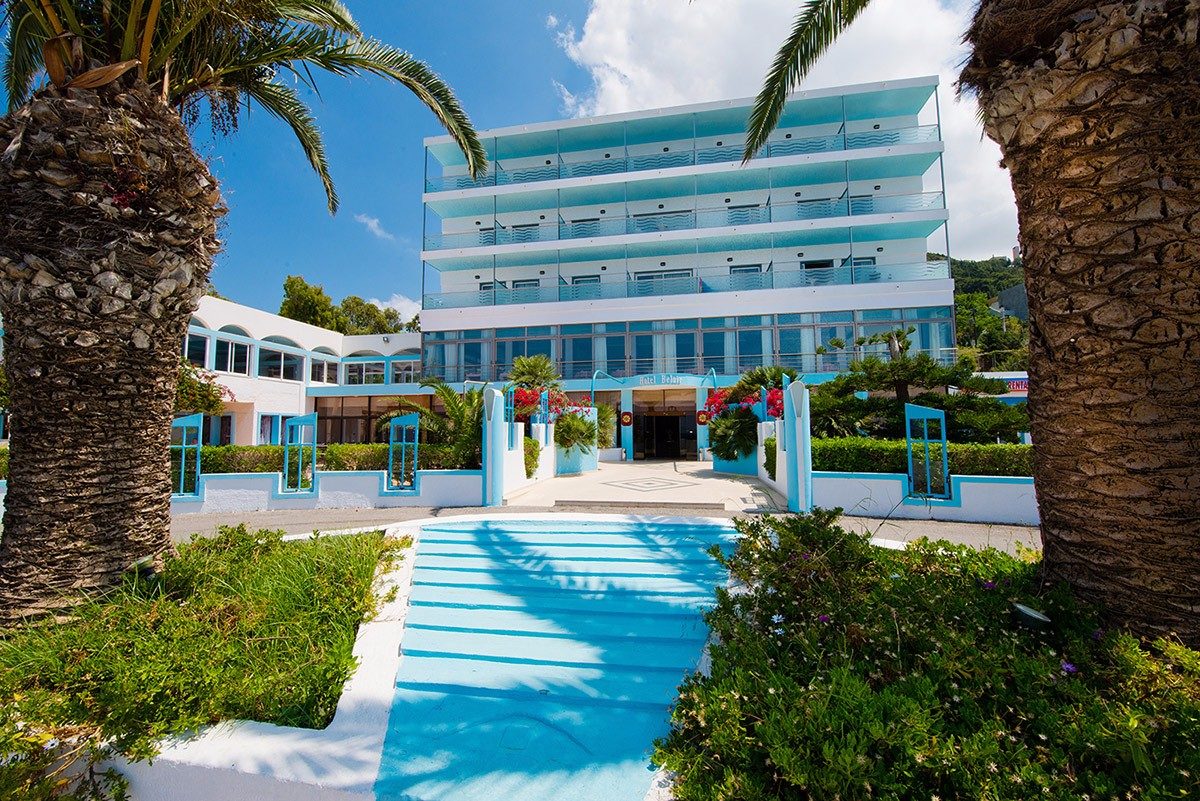
Belair Beach Hotel
Ixia, Rhodes
airplanemode_activeSelected airports
£439pp
menu
Menu
close
Destinations
keyboard_arrow_right
Spain
keyboard_arrow_right
Canaries
keyboard_arrow_right
Turkey
keyboard_arrow_right
Greece
keyboard_arrow_right
View All
keyboard_arrow_right
Holiday Types
keyboard_arrow_right
Late Deals
All Inclusive
City Breaks
Summer 2024
Pay Monthly Holidays
UK Breaks
Winter Holidays
View All
Holiday Extras
keyboard_arrow_right
Cruise Holidays
Faraway Holidays
Careers
My Booking
News & latest offers
Sign up
